We had the pleasure of speaking with Monique Lanne-Petit, the director and co-founder of Télécoms Sans Frontières. She talks about her beginnings in the humanitarian field, what still drives her today, the key elements in her career, and her experience as a woman in humanitarian crises.
Call to Comms: Why did you get into humanitarian work?
Monique Lanne-Petit: When I was young, I asked my parents to help children in other countries. I was lucky to live here in France, I was aware of my privileges, even if I was not from a wealthy background. At home, the door was always open.
Most of all, I think that encounters allowed me to enter the humanitarian field, more specifically with Jean-François, the co-founder of Télécoms Sans Frontières. It was no longer enough to say that we wanted to help, we had to act.
It was no longer enough to say that we wanted to help, we had to act.
We were able to carry out our first mission during the first Gulf War. We wanted to intervene with the refugees, to go and see what was happening on the spot, and to know the real needs of these populations.
We also had the chance to meet our current partners. As time went on, we came up with Télécoms Sans Frontières, because we felt that it was important to give a voice to these people, who were often isolated and had experienced difficult events. That's why I got involved in humanitarian work.
Call to Comms: And what drives you to keep going today?
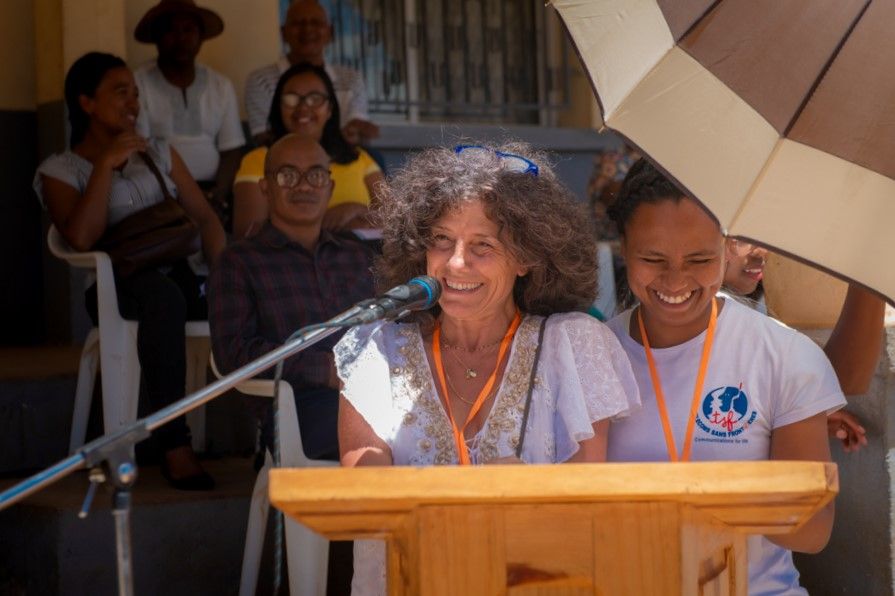
Monique Lanne-Petit: I think that there is such a gap between the most vulnerable populations and the populations that are getting richer, so I believe that we still have a role to play. Collaborations are useful, working with local populations is more and more important.
There is also the global team: the TSF team, but also operational partners, financial partners who are in empathy with what we do. So I think that even if sometimes it seems like a drop in the bucket, it is still essential to be able to pursue this commitment.
Call to Comms: If you had to share some highlights from your journey?
Monique Lanne-Petit: I think that I will always be marked by the first missions in ex-Yugoslavia, when I was 24. The men had gone to war, so the women were mobilized to help. Even though they were also victims of the war, there was this mobilization, this solidarity.
These women were so appreciative that we came to support them, because they felt that they were no longer alone. They were fighting every day, under the bombs. We cried together, but we also laughed together and we tried to help them.
We cried together, but we also laughed together and we tried to help them.
I think that another thing that struck me was interacting with the children after a natural disaster or a conflict. Some of them are very joyful in spite of all that, there is a life that resumes even in combat situations. Others are fractured, very much so, so how do you give them hope? And even if the actions that we carry out do not do everything, I think that we help them to find hope.
With TSF, we have been able to give an opportunity to people with technical profiles to find their place in the humanitarian sector. Being able to bring information to populations in transit is very important and more and more frequent. It's also rewarding to raise awareness among our partners in the telecom industry. They are very aware of what we do, and they are really willing to help us.
Call to Comms: Did you feel, as a woman, during your career, a difficulty in humanitarian work?

Monique Lanne-Petit: I think you always have to prove your skills more when you are a woman, but when you have a team that puts you forward, it is easier.
You always have to prove your skills more when you are a woman.
In Iraq, in Pakistan, we sometimes had obligations in terms of dress that men don't necessarily have. We also had to be careful about how we communicated with certain men, or sometimes we had to go through our male collaborators to get a message across. So we sent the men for that, but it never got in the way of my work in the field. Obviously, as a woman who wishes there were no difference of treatment based on gender, it's frustrating. We need to change things.
It bothered me a lot when, during humanitarian missions, as a westerner, I could be in the middle of men, be the only woman in the room. On the other hand, their wives were next door and afterwards I could join them, while my male colleagues were not accepted.
Call to Comms: Is this something you see as a strength as a woman in humanitarian work, being able to reach female beneficiaries?
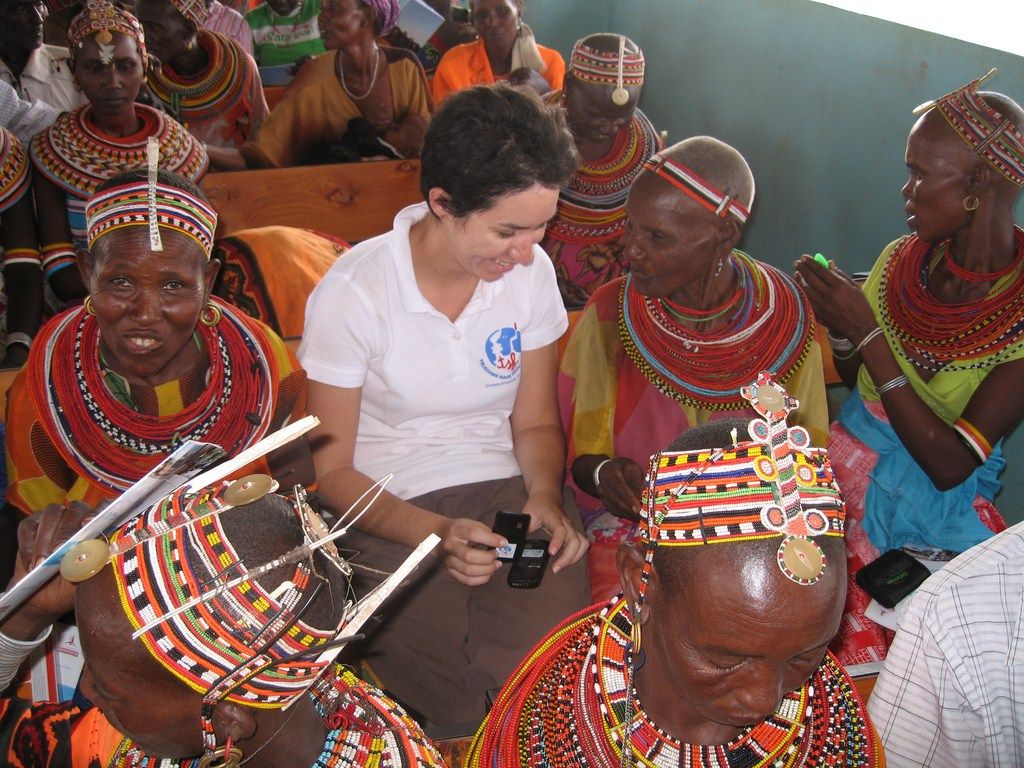
Monique Lanne-Petit: During some of our telephone operations, women would go through the men to make calls. If there was a woman behind the phone, it was easier for them to come. It's easier for a woman to have contact with women, regardless of the culture.
We know very well that mixed teams are important, precisely to be able to approach women, to be sure that women will express themselves on their difficulties, their needs. As a result, you take into account their specific needs, their context and you can include them in the final response.
Mixed teams are important to approach women so they will express themselves on their difficulties, their needs.
Depending on the culture, women are more or less reluctant to talk to men, hence the importance of doing an analysis beforehand, to have the codes that allow us to have an answer. Working with local staff is also essential in this respect.
Listening, which is a quality encouraged in women, is also important in humanitarian work. I think it is a quality that should be upheld.


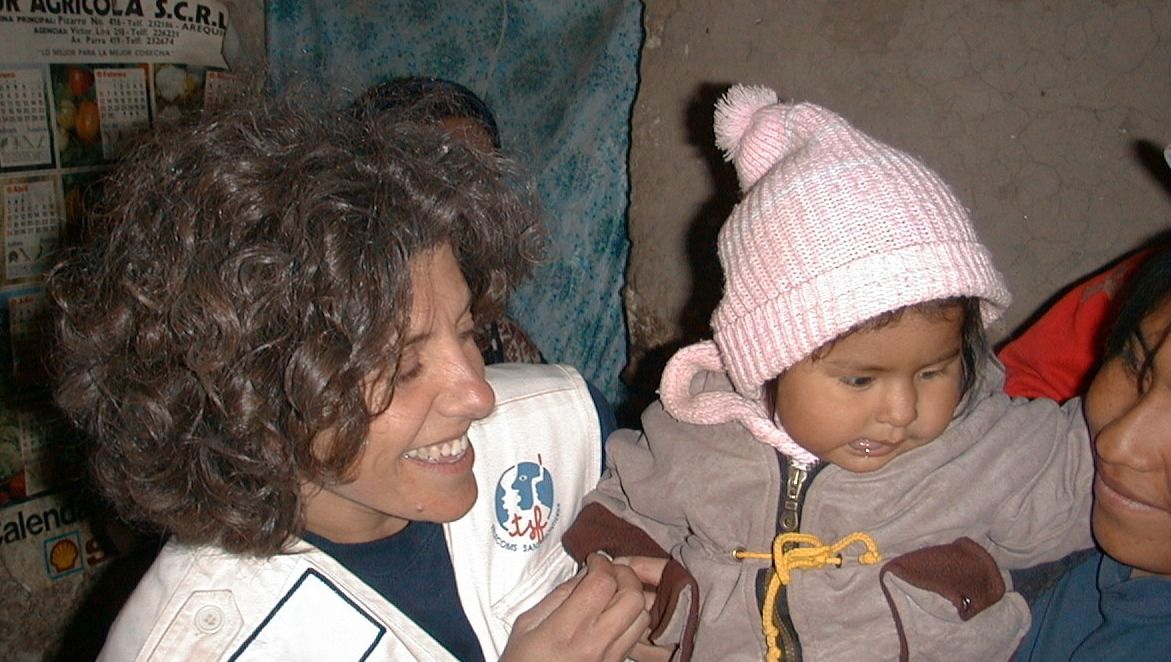



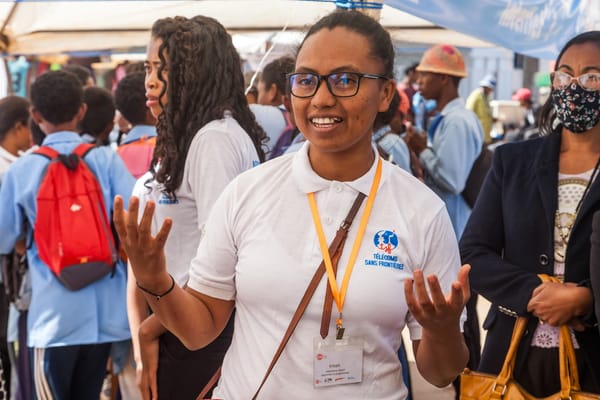
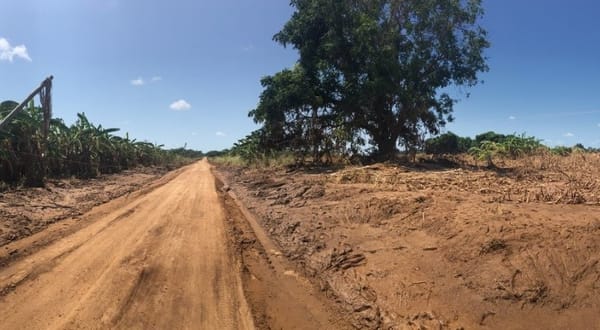
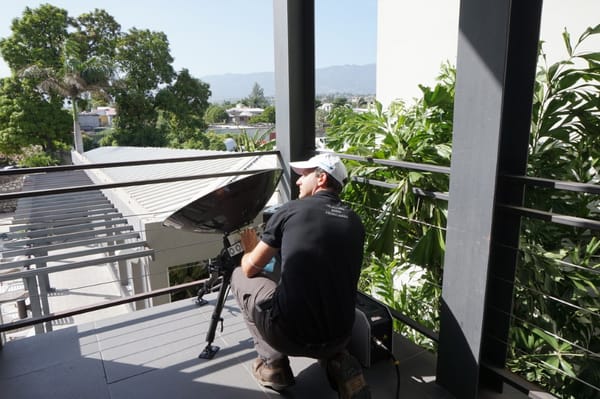
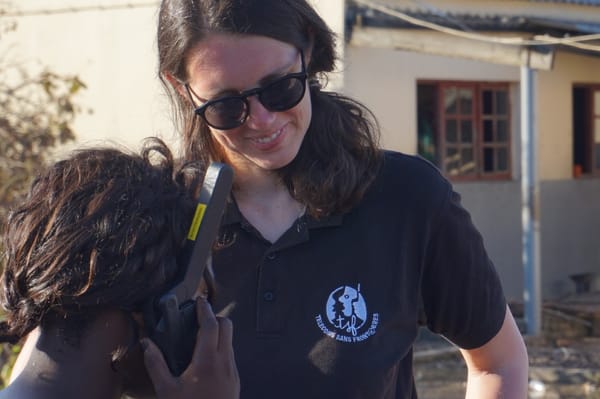
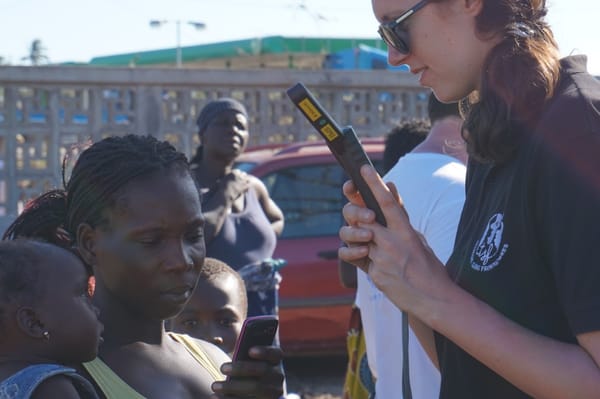
Member discussion